ANALYSIS: Moldova’s Balancing Act: Politics, Gas, EU Mirage
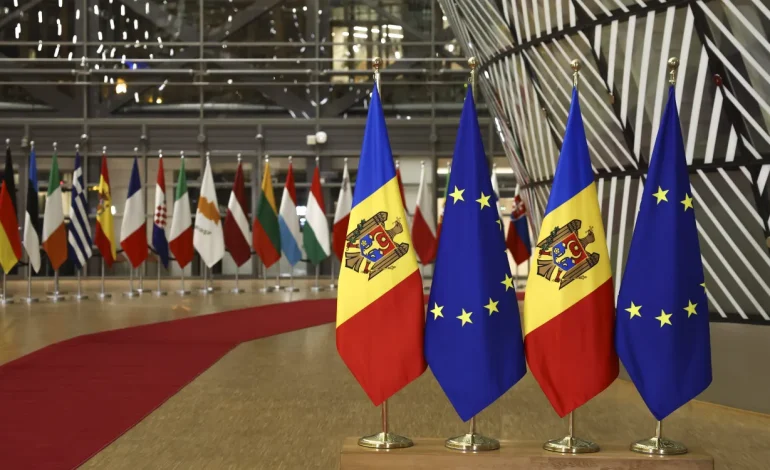
As European leaders prepare to land in Chișinău on Moldova’s Independence Day, the symbolism couldn’t be louder. Emmanuel Macron, Friedrich Merz, and Donald Tusk are all set to show up, standing shoulder-to-shoulder with President Maia Sandu to send the message: Moldova’s future is European. The timing, of course, just weeks before parliamentary elections, is no coincidence.
On paper, the visit screams “solidarity.” In practice, it looks suspiciously like election season choreography. Brussels knows it, Chișinău knows it, and Ukrainian diplomats are already pushing back against what they see as a dangerous move, separating Moldova’s EU bid from Kyiv’s. Even Luxembourg’s foreign minister had to remind everyone that “Ukraine and Moldova share a common European future.” But still, the whispers in Brussels are about fast-tracking a negotiating cluster for Moldova, even if Ukraine is left hanging.
This is where things get messy. Some EU officials admit that rewarding Sandu’s camp with pre-election goodies could backfire. Other candidate countries are watching closely. If Moldova gets special treatment because of its political calendar, the credibility of the enlargement process takes another hit. The optics are bad, no matter how Brussels spins it.
Meanwhile, back home, Moldovan officials are congratulating themselves on buying 620 million cubic meters of gas, about 80% of right-bank Moldova’s winter needs. Minister Dorin Djunghetu proudly announced the figure on state TV, painting it as a victory for “energy security.” The irony is hard to miss: the government had to take a €400 million EBRD loan to pull this off, while Moldovans continue to wrestle with price hikes that have gutted their household budgets for years.
And here comes another twist: starting September 1, state-owned Energocom takes over as the official gas supplier for Moldova, replacing Moldovagaz. Sounds bold, right? Except Moldovagaz will still deliver gas to Transnistria, the same separatist region that enjoys Russian gas practically for free, while right-bank Moldovans are told to embrace “European diversification” and pay the bill. So much for energy independence.
The government insists that vulnerabilities are gone thanks to the Iași–Ungheni pipeline to Romania. Technically true, politically, not so much. Moldova is simply swapping one dependency for another, trading Gazprom for loans and handshakes in Brussels. The bill, once again, is left for ordinary Moldovans.
So what do we have? A political leadership banking everything on EU symbolism, cozy photo-ops with European heavyweights, and risky electoral timing. At the same time, they are quietly reshuffling the gas sector with big loans and half-measures, keeping the Transnistrian question conveniently parked until after elections.
It’s the same old Moldovan story: a government selling big dreams of Europe, while the reality on the ground is higher bills, shaky reforms, and an electorate caught between promises and fatigue.
And yet, the script rolls on. In late August, Macron, Merz, and Tusk will stand in Chișinău, talking about Moldova’s “irreversible” European path. But the real question isn’t about speeches or symbolic visits. It’s whether ordinary Moldovans, facing economic strain and paying off another round of borrowed billions, will still buy the story.
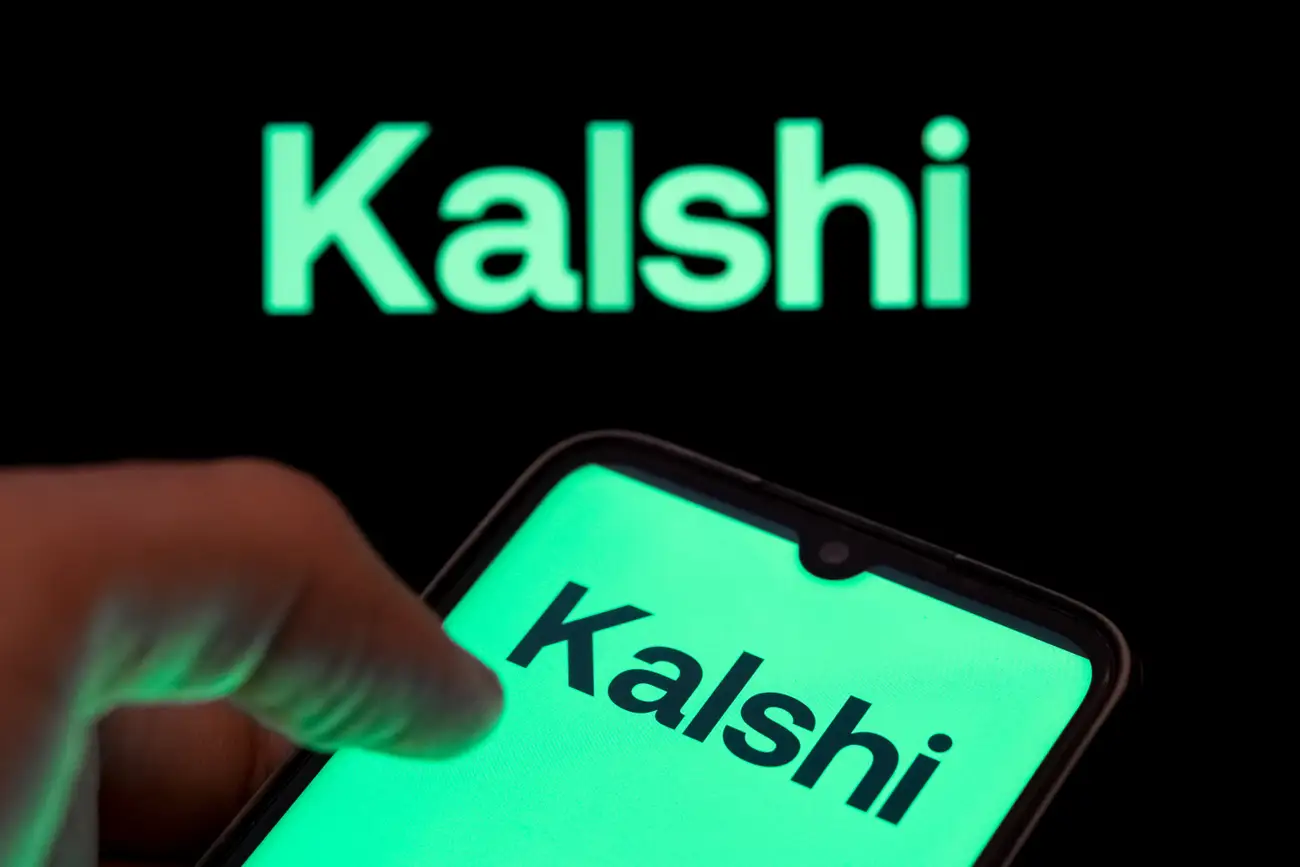
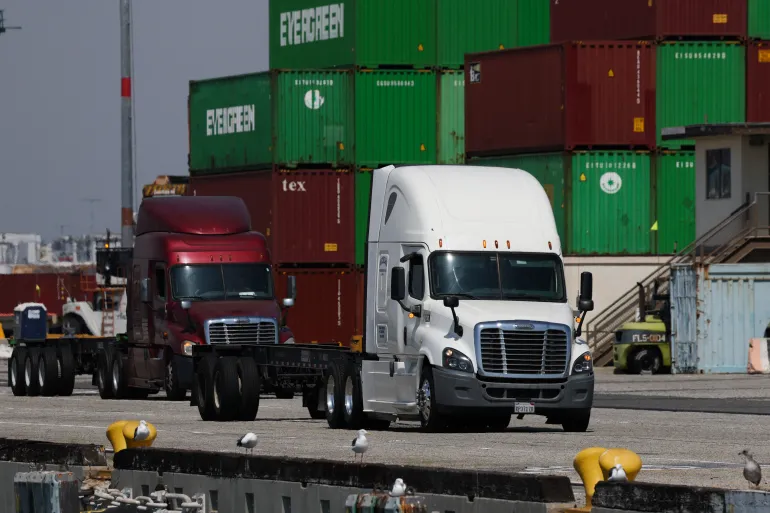
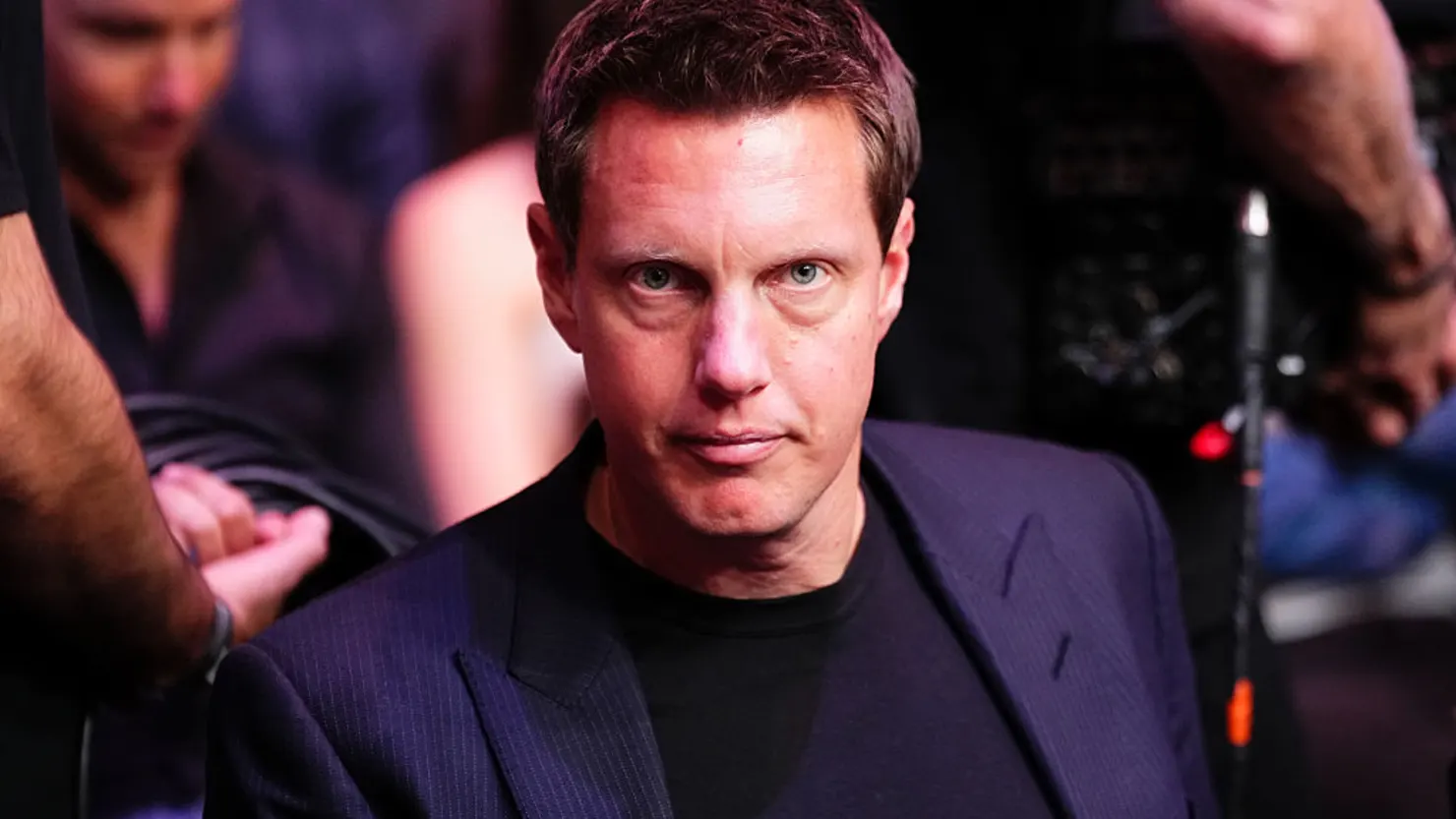
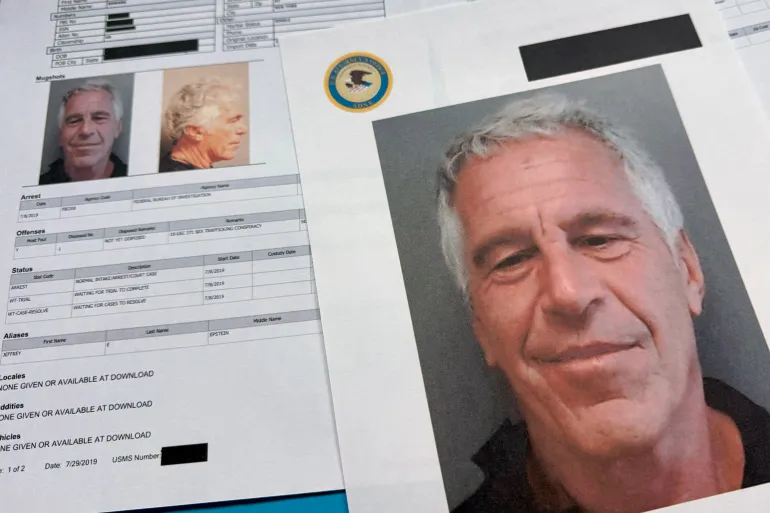
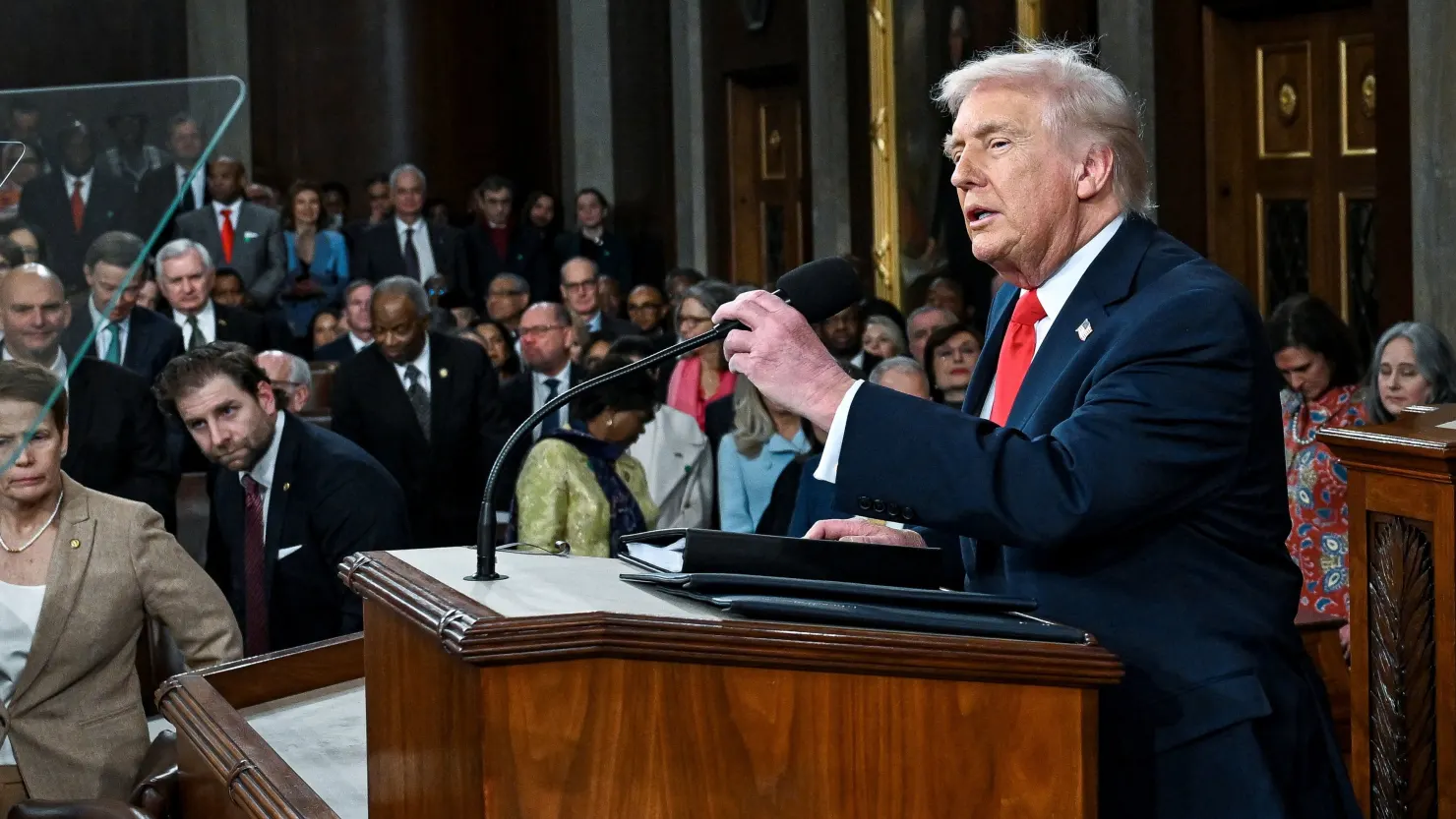


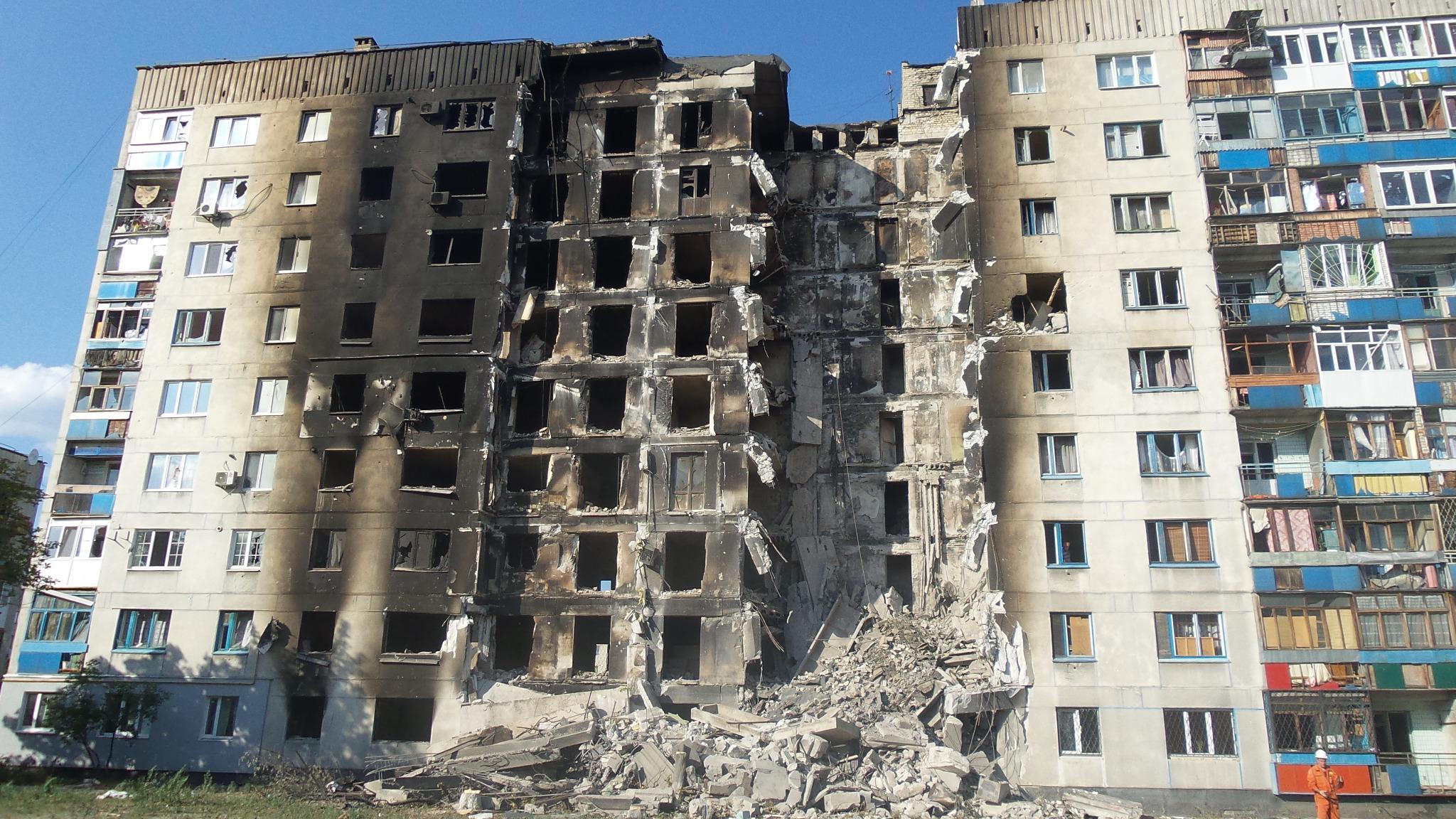

The latest news in your social feeds
Subscribe to our social media platforms to stay tuned